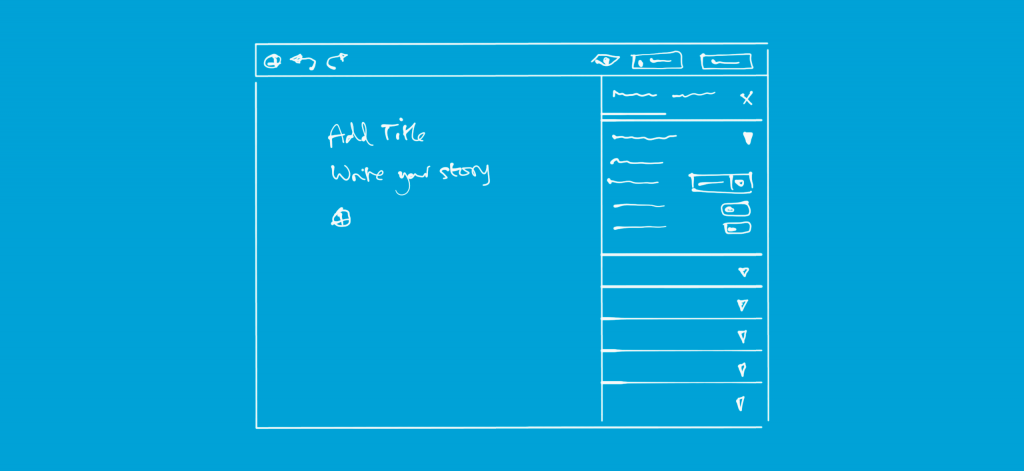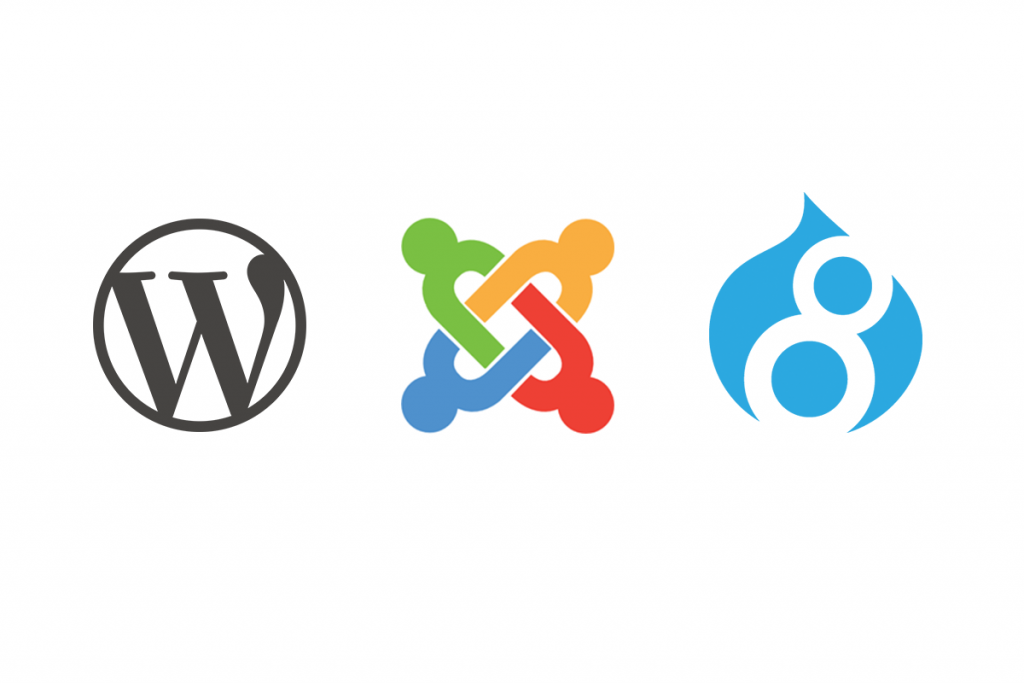When coming to content management systems, it cannot deny that Drupal is a common system. Hence, have you ever wondered what is Drupal, or how to make use of this framework?
As an open-source web content management framework, this CMS platform has provided an astonishing number of different types of sites and applications for free. Written in PHP by a hard-working team, Drupal is an amazing choice for dynamic digital experiences.

If you are going to dive deeper into Drupal, this article is written for you! With these 5 frequently asked questions about Drupal, it is worth keeping reading and discussing.
What is Drupal?
Let’s start with the first question, What is Drupal?
First of all, let’s make the term “content management system” (CMS) clear. Simply put CMS is used as an application to create websites, build content, and manage users. CMS helps non-technical editors develop their sites easily and effectively without working with HTML (or even other technical issues) too much.
As a giant software in CMS, Drupal has been successful in providing a large pool of free and great sources, such as add-ons, themes, core codes, etc. Drupal is, totally, open.
It means anyone on the internet can access, view, and download Drupal projects. And also, everybody can become a passionate contributor and build an open Drupal community. In addition, an open-source like Drupal allows the code to be updated and extended continuously, which helps your sites to work depending on your requirements and get better.
Who Are the Customers of Drupal?

According to BuiltWith, at least 2.3% of websites in the world have used the back-end framework of Drupal.
Some of the most famous media companies in the world like BBC, MTV UK, and NBC chose Drupal as a reliable partner to build their websites. Along with that, Drupal made a great contribution to bringing amazing digital experiences to users when in collaboration with many universities and organizations, including the University of Oxford, Amnesty International, and George Washington University.
Hence, if you are finding a trustworthy content management system to build your websites, a free and various source of Drupal modules, themes, and translations, or an open supporting community, Drupal is an ideal choice.
Or if you are a site developer, why don’t you take part in the Drupal community to learn from these experts in hosting, designing, spam blocking, and more? It’s worth a try.
Why Should You Choose Drupal?
After answering what is Drupal and who uses Drupal, it is time to shed light on the reasons why this CMS should be taken into consideration.

1. Reliability and Security
There is no doubt that Drupal is one of the most 3 popular content management systems in the world. With a longstanding history, Drupal had made an endless effort in improving and extending their products day by day. After the success of Drupal 8, Drupal 9 is absolutely a giant leap to make your experience better.
With regular-updated patches, this CMS ensures strong built-in security. Configuration files don’t allow access directly, essential data will be rendered, and Drupal offers safeguarding from exploited vulnerabilities.
2. Free and open resources
I mentioned this great benefit of Drupal more than once. Drupal keeps their promise, “Make something amazing, for anyone”. For anyone, and for you.
3. Flexibility and Scalability
How is your expected site?
A personal blog? A statistic website? A political site? Or a commercial platform?
With Drupal, you can create any type of website you want, with any add-ons you need, with any content from videos, polls, to statistics, with any design you require.
Along with that, based on the Drupal core, you can extend your website with a large collection of available Drupal modules. Drupal also allows you to create totally new modules and integrate them with the core code.
4. A dedicated supporting community
Coming to Drupal, an open community is willing to support you by providing documentation and guides, building relationships, sharing experiences and opportunities, and so on. What you can learn and gain from this large and dynamic community will be a powerful tool for you to achieve your success.
How to Use Drupal?
1. How to install and host Drupal?
Before installing Drupal, you need to prepare a web server that can be your computer or an online web host. Make sure that your web server is ready to run with the database and PHP.
If you have a fundamental understanding of the Linux environment, there are no difficult and complex steps in a Drupal installation process. After getting the code and installing the Drupal file, you need to install dependencies with the composer. The following steps are database selection for Drupal to use. And the rest is just configuring your web server and PHP, running the installer, and checking how your site is working.
In terms of hosting, we highly recommend a LAMP server, which will give you a chance to experience a truly dynamic performance.
2. How to develop your Drupal websites?
As we mentioned above, Drupal has a huge collection of free resources that could tickle your fancy. This CMS allows you to use both internal and external modules to develop your website.
It is an engaging idea to explore new content types, search for suitable themes, brush up on your knowledge of field Type API, and learn how to improve UX and UI. Let’s spend time experiencing and discovering Drupal tools and technologies to create a content-rich site.
If you are interested in video tutorials, Drupalize.Me should be taken into consideration. It provides in-depth and detailed guides to developing your expected website.
And if you are finding out the written materials, we highly appreciate the official guide from Drupal and their community. Take advantage of them to get started!
3. How to extend Drupal?
Besides the core code, when joining the Drupal community, you can see and download tons of different modules from contributors freely. They are available to install and run.
However, if you need any functionality that isn’t existing in the contributed sources, you can write it yourself or hire a developer.
Because Drupal 9 is the newest version, perhaps it is difficult to find out numerous modules for Drupal 9 when compared with the previous ones. But don’t worry, everyone is working with full energy and commitment to bring more and more great modules. And why don’t you become one of them?
FURTHER READING: |
1. Tree Data Structure: A Closer Look |
2. Top 7 Web Development Languages To Use In 2022 |
3. 5 Tips To Choose The Right Web Development Certificate in 2022 |
Which Are the Differences Between Drupal and Other CMSs?
To compare Drupal vs WordPress vs Joomla – 3 CMSs are considered as the top popular ones, let’s see this table.
| Drupal | WordPress | Joomla | |
| Beginners-friendly | No: Drupal requires basic coding skills | Yes | Somewhat |
| Available Themes & Templates | 2000+ Official Drupal Themes | 4500+ Official Free Themes | No Official Template Directory |
| Available Plugins | 44,000+ | 55,000+ | 7,500+ |
| Installation | One-click Install(or 10 minutes with manual installation) | One-click Install(or 5 minutes with manual installation) | One-click Install(or 10 minutes with manual installation) |
| Updates | A set release schedule (One bugfix update per month) | Update roughly every 50-60 days | Update roughly every 10-40 days |
| Support | 5/5(Official documentation & User Forum) | 5/5(Official documentation & User Forum) | 5/5(Official documentation & User Forum) |
To wrap up the comparison between Drupal vs WordPress vs Joomla, let’s discuss for which kind of business you should use each CMS.
If you, a non-tech person, start with a small business, WordPress is the better choice because this all-rounder simple CMS will help you build a full-featured website.
If you are finding a highly customized CMS, this will meet all your requirements. In addition, Drupal is the first choice for technical experts when they can handle every issue, create new modules, and design your own website.
Joomla attracts customers because it provides strong and powerful security as well as a useful user management scheme. If it is what you need, then keep an eye on Joomla.

In summary, with endless attempts, Drupal has proven why it is known as one of the most popular content management systems in the world. With a deep understanding of what is Drupal, and how it works, you can create and develop your anticipated website.
If you find this article helpful and informative, don’t forget to share it widely! And feel free to leave your comment below in case you have any questions, guys!























